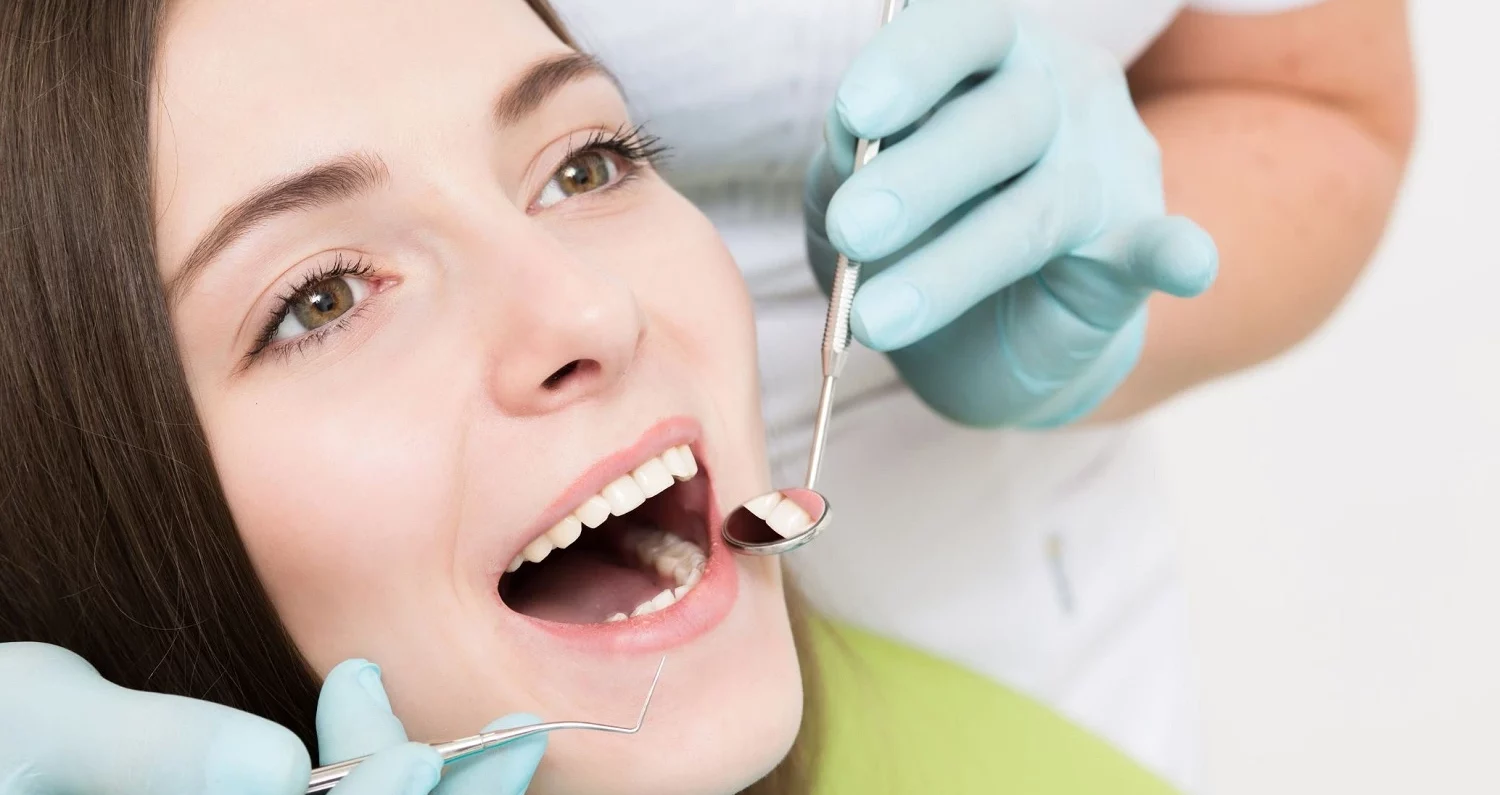Last Updated on: 4th December 2024, 11:35 am
Oral hygiene practices for women are the unsung heroes. It’s not just about having a Hollywood-worthy smile; it’s much more than that. It’s about maintaining a healthy, happy lifestyle. Ever wondered why your dentist keeps nagging you about brushing your teeth twice a day? Well, when it comes to overall health, especially for women.
Understanding Women’s Oral Health

-
- Oral Health & Hormones: To the surprise of many, women’s oral health is intimately tied to their hormonal fluctuations. How so? It’s because hormones can affect the blood supply to the gum tissue and the body’s response to toxins, resulting in increased sensitivity and an escalated risk of gum disease.
- Impacts of Life Stages: Whether puberty, pregnancy, or menopause, different life stages bring about changes in oral health. It’s not just you; even your mouth goes through midlife crises.
Essential Oral Hygiene Practices for Women
Daily Dental Routine
-
- Brushing: Let’s start with the basics. Brush your teeth at least twice a day with fluoride toothpaste. But remember, it’s not a race – spend at least two minutes each time, making sure to get all those hidden corners.
- Flossing: Next up, let’s talk about how to floss properly. Yes, I understand it can be tedious and slightly annoying, but it’s your best line of defense against plaque and gum disease. And remember, it’s not an optional extra!
- Tongue cleaning: You might be surprised, but your tongue is a hub for bacteria. Use a tongue scraper to keep it clean and prevent bad breath.
- Mouthwash: Rinse with an antibacterial mouthwash to kill bacteria that might have escaped your brush and be sure to floss. It’s like the final sweep of your oral hygiene routine.
Remember that the dentist is the right person to advise you on the habits you must maintain, so do not hesitate to visit your dentist’s office frequently.



Tips for Achieving Optimal Oral Health
Regular Dental Checkups
Even if you’re a star student of dental hygiene, regular check-ups are crucial. Your dentist can spot early signs of gum disease, cavities, and even oral cancer.
Dietary Habits
Your diet plays a vital role in your oral health. Minimize sugar and maximize fruits, vegetables, and dairy products. Remember, a balanced diet equals balanced health.
The Role of Hydration
Drink plenty of water. Hydration keeps your mouth moist, washing away food particles while slowing down the build-up of plaque. It’s like a mini-shower for your mouth.
Avoid Harmful Habits
Steer clear of smoking and excessive alcohol. These habits increase your risk of gum disease and oral cancer. Plus, who wants a smoker’s breath, right?
Oral Health and Pregnancy
During pregnancy, increased hormones can lead to “pregnancy gingivitis”. Regular dental visits and good oral hygiene can help you keep your mouth healthy, for both you and your baby.
Menopause and Oral Health
During menopause, changes in oral health, such as dry mouth or altered taste, can occur. Regular hydration and check-ups can help manage these changes.
Importance of Oral Health Education
Knowledge is power. Educating women about the importance of oral hygiene and its connection to overall health can lead to better health outcomes for women everywhere.
The Role of Oral Health in Overall Well-being
A healthy mouth is part of a healthy body. Poor oral health can impact your quality of life and increase the risk of serious health problems such as heart disease and diabetes.
Future of Women’s Oral Health

With advancements in technology and increased awareness, the future of women’s oral health is promising. However, women need to prioritize their oral hygiene routine and schedule regular dental check-ups.
Remember that the dentist is the right person to advise you on the habits you must maintain, so do not hesitate to visit your dentist’s office frequently. Click here to learn more about the reasons why dental checkups are important.
Frequently Asked Questions
Every three to four months or sooner if the bristles are frayed.
No, bleeding gums can be a sign of gum disease. Consult your dentist.
Yes, menopause can cause changes in your mouth, including dry mouth and altered taste.
A diet high in sugar can increase the risk of cavities while a balanced diet can promote healthy gums and teeth.
Poor oral health can contribute to conditions like heart disease, diabetes, and pregnancy complications.
Contact Us
If you have any questions about dental conditions or other topics, you can contact us at Channel Islands Family Dental as well as our page on Facebook. We look forward to your visit and we will make a timely diagnosis. Our dentists in Oxnard, Santa Paula, Ventura, Newbury Park, and Port Hueneme will be able to guide you toward the best treatment to take care of your health and give you back your best smile.
Bibliography
- Mayo Clinic. (2020). Oral health: A window to your overall health. Retrieved July 28, 2023, from https://www.mayoclinic.org/healthy-lifestyle/adult-health/in-depth/dental/art-20047475
- American Dental Association. (2021). Oral Health. Retrieved July 28, 2023, fromhttps://www.mouthhealthy.org/en/az-topics/o/oral-health
- American Dental Association. (2023). Nutrition: What You Eat Affects Your Teeth. Retrieved July 28, 2023, from https://www.mouthhealthy.org/en/nutrition/food-tips
- American Heart Association. (2021). Gum Disease and Heart Disease: Understanding the Link. Retrieved July 28, 2023, fromhttps://www.heart.org/en/news/2018/11/07/bad-tooth-brushing-habits-tied-to-higher-heart-risk
- Centers for Disease Control and Prevention. (2022). Oral Health Conditions. Retrieved July 28, 2023.
- World Health Organization. (2023). Oral health. Retrieved July 28, 2023, fromhttps://www.who.int/news-room/fact-sheets/detail/oral-health


